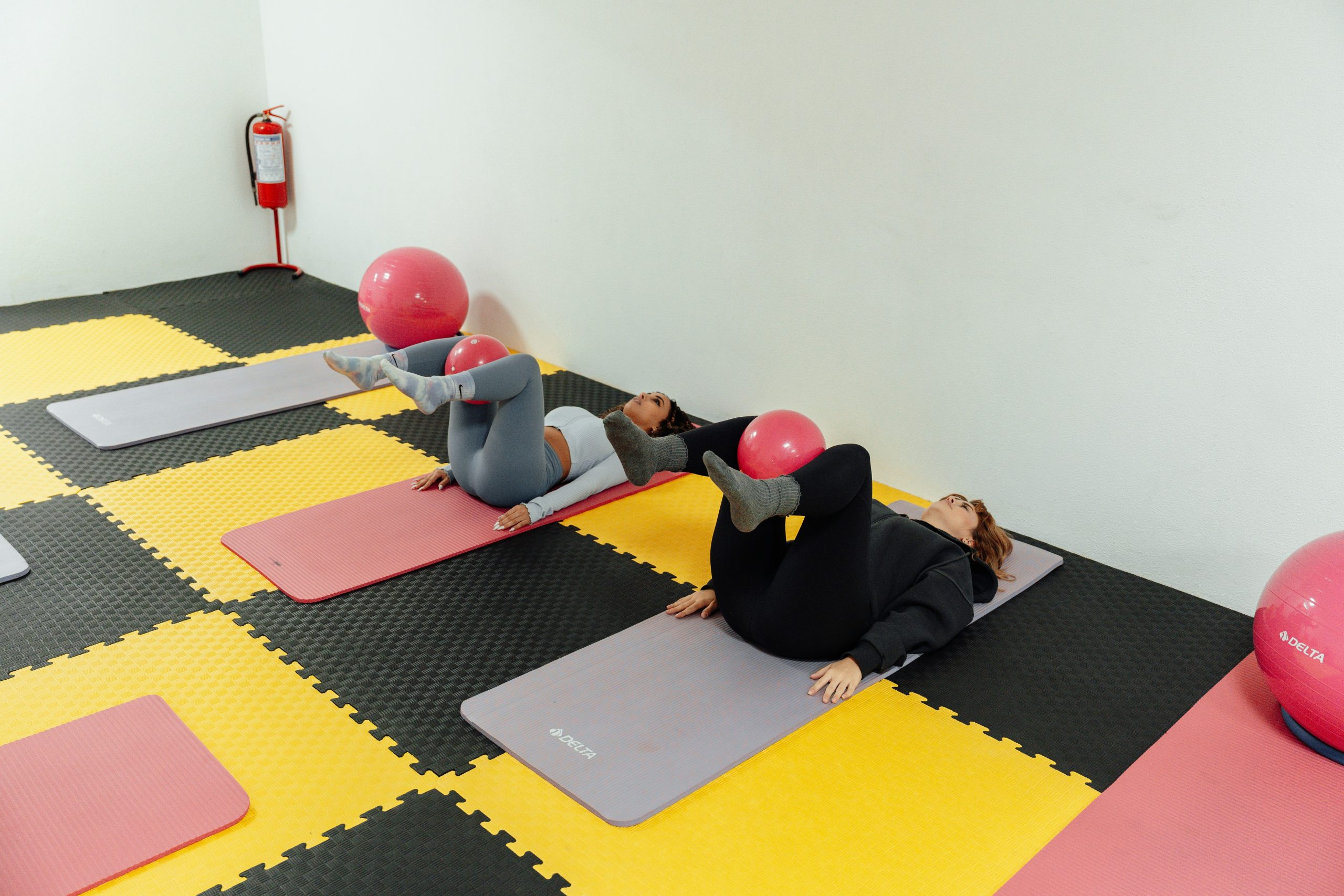“Ever sworn off meditation apps only to find yourself Googling ‘how to stop stressing’ at midnight? You’re not alone.”
We’ve all been there—staring at the clock, your heart racing like it’s running from a pack of wolves. If only you had some calm exercises to rein that chaos in. But here’s the kicker: managing stress isn’t just about downloading any app—it’s about finding tools that speak your language and guide you back to serenity.
In this post, we’ll uncover:
- Why stress management apps are the unsung heroes of modern mental health.
- Step-by-step strategies for using calm exercises effectively.
- Bonus tips to maximize these apps (with a dash of brutal honesty).
Table of Contents
- Key Takeaways
- Why Stress Management Matters More Than Ever
- Your Step-by-Step Guide to Calm Exercises
- Pro Tips for Making the Most of Stress Management Apps
- Real-World Success Stories with Calm
- FAQs About Calm Exercises and Stress Relief
Key Takeaways
- Stress management apps reduce cortisol levels by up to 20% when used consistently.
- Calm exercises combine mindfulness, breathing techniques, and guided meditations.
- Avoid multitasking while practicing calming routines—it dilutes their effectiveness.
- Track progress over weeks for noticeable changes in your mood and focus.
Why Stress Management Matters More Than Ever
Let’s talk turkey—or more specifically, statistics. Did you know 83% of workers report feeling stressed on the job? And if you’re thinking “That doesn’t apply to me,” pause for a second. Have you ever binge-watched Netflix because work felt unbearable? Yep, same energy.

One time, I tried “self-soothing” with yoga at home after a hectic day. Spoiler alert: It ended with me face-planting into my mat faster than you can say *Namaste*. Humbling? Absolutely. Effective? Not even close. That’s where well-designed stress management apps come in—they remove the guesswork so you don’t have to flail through trial and error.
Grumpy You: “Ugh, another app subscription? Really?”
Optimist You: “Hear me out—it might save your sanity!”
Your Step-by-Step Guide to Calm Exercises
Ready to reclaim your chill? Here’s how to get started:
Step 1: Find an App You Love
There are countless options out there—from Headspace to Calm—but start simple. The best apps offer features tailored to beginners without overwhelming them. Look for:
- Guided meditations under 10 minutes (perfect for busy schedules).
- Daily reminders that help build a habit.
- Customizable programs based on your stress triggers.
Step 2: Create a Ritual Around Calmness
Pair your calm exercises with something consistent, like brushing your teeth or sipping coffee. My morning routine now includes five deep breaths straight from the Calm app. Sounds cheesy? Maybe. Works wonders? Absolutely.
Step 3: Start Small, Scale Slowly
Remember, Rome wasn’t built in a day—and neither is a zen mindset. Commit to just three minutes daily before bumping up the duration.
Step 4: Track Your Progress
Most apps have built-in trackers to monitor streaks and improvements. Use them shamelessly!
Pro Tips for Making the Most of Stress Management Apps
- Silence Sneaky Multitaskers: Put your phone on airplane mode during sessions. Trust me, Twitter notifications can wait.
- Experiment with Sounds: Rainfall sounds vs. ocean waves? Try different ones until you find your vibe.
- Avoid Overdoing It: Contrary to popular belief, doing two hours of meditation won’t double the benefits. Stick to shorter, intentional bursts.
Real-World Success Stories with Calm
Take Sarah, a marketing exec in NYC who swore she couldn’t meditate her way out of a paper bag. After sticking with daily calm exercises, she reported sleeping better and handling workplace drama like a champ. Figure 1 below shows her reduced anxiety scores over six months:

FAQs About Calm Exercises and Stress Relief
Q: Do I really need an app for stress relief?
Absolutely not mandatory—but massively helpful. Think of it as outsourcing your relaxation coach.
Q: What’s the worst advice about calming routines?
Telling someone “Just breathe” without teaching proper technique. Rookie move.
Q: How long does it take to see results?
Studies suggest consistency over 21 days leads to measurable reductions in stress hormones.
Conclusion
So, there you have it—a roadmap to conquering stress with calm exercises. Whether you’re new to meditation or a seasoned practitioner, apps can elevate your self-care game significantly. Sure, some days will feel easier than others—but hey, growth happens outside comfort zones, right?
And remember, much like keeping a Tamagotchi alive in the ’90s, nurturing your mental wellness takes patience and care. Keep showing up—one deep inhale at a time.

P.S. If you found value here, share the love. Because nothing screams “I care” quite like forwarding peace-inducing content to friends drowning in deadlines.


